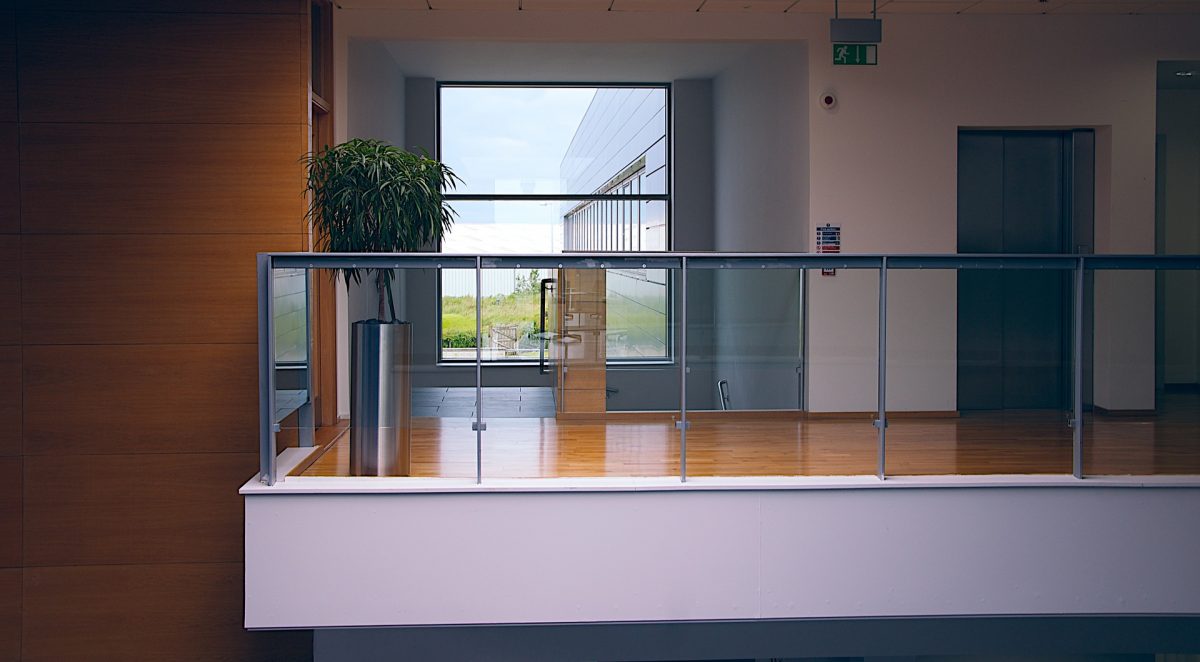
Maximizing Your TPD Claim: The Advantages of Legal Representation
When navigating the complexities of Total and Permanent Disability (TPD) claims, seeking legal assistance can be a strategic decision with far-reaching implications. While some individuals may initially consider handling their TPD claims independently, enlisting the expertise of a lawyer can offer numerous benefits that can enhance the likelihood of a successful outcome. From understanding legal nuances to advocating for your rights, legal representation can significantly impact the trajectory of your claim, ensuring you receive the support and compensation you rightfully deserve in the face of life-altering circumstances.
Legal Expertise and Experience
Navigating the legal landscape surrounding TPD claims requires a comprehensive understanding of relevant laws, regulations, and judicial precedents. Lawyers specializing in disability claims possess the expertise and experience to interpret intricate legal jargon, identify relevant case law, and craft compelling arguments tailored to the unique circumstances of your case. Their familiarity with the intricacies of TPD claims enhances the likelihood of a favorable outcome, minimizing the risk of procedural errors or oversights that could jeopardize your case and delay the resolution of your claim.
Maximizing Eligibility and Compensation
Determining eligibility for TPD benefits and assessing the appropriate level of compensation necessitates a meticulous examination of various factors, including medical evidence, financial documentation, and vocational assessments. A skilled lawyer can conduct a thorough evaluation of your case, ensuring that all qualifying criteria are met and advocating for the maximum compensation to which you are entitled under the law. By leveraging their knowledge of relevant statutes and past case outcomes, lawyers can effectively negotiate with insurance companies or pursue litigation to secure the financial support you need to address your disability and maintain your quality of life.
Streamlining the Claims Process
The TPD claims process can be notoriously complex and protracted, requiring extensive documentation, communication with insurers, and adherence to strict deadlines. Engaging a lawyer who’s an expert in TPD claims streamlines this process by delegating administrative tasks, facilitating communication with relevant parties, and ensuring compliance with procedural requirements at every stage of the proceedings. By taking the burden off your shoulders, legal representation allows you to focus on your health and well-being while your lawyer diligently navigates the complexities of the claims process, advocating for your rights and best interests every step of the way.
Advocacy and Representation
Facing off against insurance companies and navigating bureaucratic hurdles can be intimidating for individuals unfamiliar with the legal system and the tactics employed by opposing parties. A lawyer serves as your advocate, representing your interests and rights with unwavering dedication and professionalism throughout every stage of the claims process. Whether negotiating a fair settlement or litigating in court to secure the compensation you deserve, your lawyer’s primary objective is to achieve a favorable outcome that addresses your needs and concerns, providing you with peace of mind and a sense of reassurance during a challenging period of uncertainty.
Access to Resources and Support Networks
Legal firms specializing in disability claims often have access to extensive resources and support networks that can significantly bolster the strength of your case and enhance your chances of a successful outcome. From medical experts who can provide expert testimony regarding the nature and extent of your disability to vocational rehabilitation specialists who can assess your capacity to work and earn a living, these resources can play a pivotal role in substantiating the validity of your claim and persuading insurers or adjudicators to approve your application for benefits. By leveraging these resources effectively, your lawyer can construct a compelling narrative that highlights the impact of your disability on your life and livelihood, compelling the relevant authorities to take prompt and decisive action in your favor.
Objective Assessment and Guidance
Amidst the emotional and physical challenges associated with disability, maintaining objectivity can be exceedingly difficult when pursuing a TPD claim. Lawyers offer a detached perspective, objectively evaluating the merits of your case based on the available evidence, legal principles, and relevant precedents. By providing informed guidance on the most viable legal strategies and potential outcomes, your lawyer empowers you to make well-informed decisions regarding settlement offers, litigation options, and the potential risks associated with each course of action, thereby ensuring that your interests are protected and prioritized throughout the legal proceedings.
In the realm of TPD claims, the decision to enlist legal representation can be a pivotal factor that significantly influences the trajectory of your case and the ultimate outcome of your claim. By leveraging their legal expertise, experience, and advocacy skills, lawyers can maximize your eligibility for benefits, streamline the claims process, and secure the compensation you rightfully deserve to address the challenges and expenses associated with your disability. Whether navigating complex legal nuances, negotiating with insurers, or litigating in court, a skilled lawyer serves as your ally and trusted advisor, empowering you to overcome obstacles and pursue a brighter future despite the adversities posed by disability and the complexities of the legal system.













